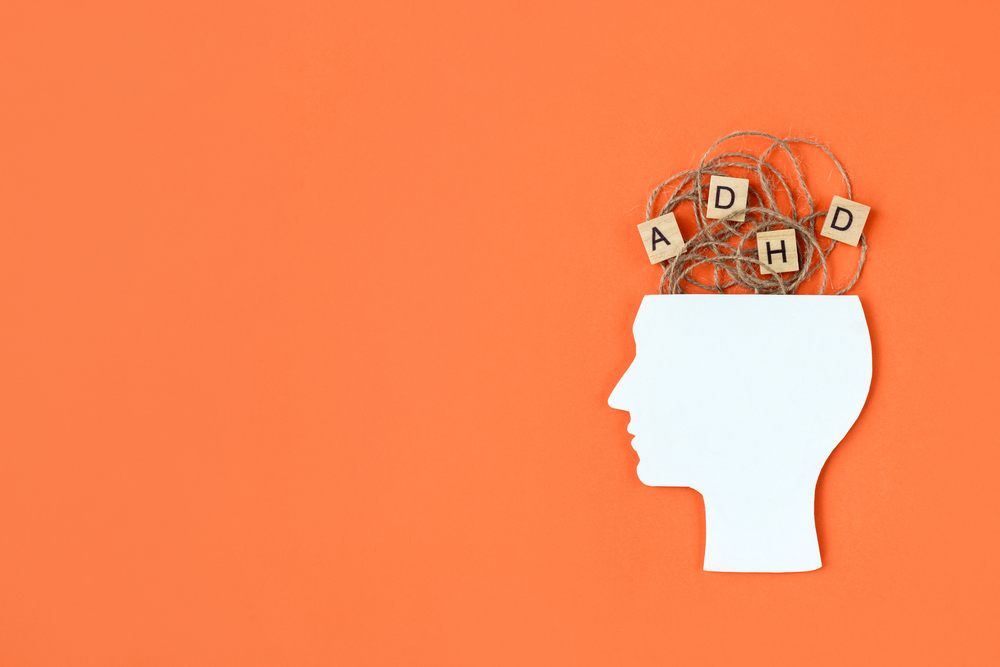The hormonal and mood changes of adolescence can be bewildering, and wondering if your child has ADHD on top of everything else may be keeping you up at night. ADHD is an inborn condition that can affect your child’s executive function, emotions and decision-making skills. Read on to learn more about the signs of ADHD in children and teenagers.
Common ADHD Symptoms
No one has all these ADHD symptoms simultaneously, and even if your teen has a few, it doesn’t necessarily confirm they have ADHD.
- Lack of focus
- Disorganization, carelessness and forgetfulness
- Self-focused behavior
- Hyperactivity and fidgeting
- Heightened emotions and rejection-sensitive dysphoria
- Impulsivity, impatience and poor decision-making skills
- Lack of ability to concentrate and finish tasks
- Poor time management
- Difficulties focusing and prioritizing
Almost everyone occasionally experiences challenges like these, which can make ADHD tricky to diagnose accurately. If your child’s difficulties have only recently emerged or occur very rarely, they may not have ADHD. However, you should seek an ADHD diagnosis if the symptoms are severe enough to cause ongoing problems at home or school, and if they have been noticeable since early childhood.
Become a More Informed Parent
If you suspect your teen has ADHD, learning everything you can about the condition is the first step in making educated decisions about their health. While ADHD doesn’t have a cure, it’s possible to manage the symptoms – usually with a combination of individual therapy, family therapy and prescription medication like Adderall.
Your child may also benefit from working with an ADHD coach to help improve life skills like time management, organization and goal-setting. Since predictable routines can be beneficial for teens with ADHD, you can consider changing some things about your daily life to provide much-needed structure and stability.
Is ADHD a Disability?
Though children and adults with ADHD may struggle with perceived weaknesses like distractibility, they are often more spontaneous, creative, passionate and empathetic than people without ADHD. When they find a task they enjoy, they can hyperfocus on it for hours.
ADHD is a form of neurodivergence, which means its symptoms, behaviors and traits result from inherent variations in the brain. While neurodivergence is not a disability, adolescents with ADHD may need extra accommodations to thrive at school. Accommodations give neurodivergent people a way to succeed, despite the differences in the way they think, behave and navigate through the world. Discovering language to talk about their condition can boost your child’s self-awareness and confidence. By learning to accept neurodivergence from a younger age, your child can be happier and aim higher in life.
ADHD Assessment and Help for Teens
ADHD symptoms can be frustrating in an environment built for neurotypical people – especially classrooms where teachers expect their students to sit still and passively absorb their lessons. You can empower your child by helping them understand there’s a medical reason they are different from their friends.
If you have been wondering whether your child meets the criteria for ADHD, The Forum’s diagnostic services can provide you with the information you need to make the best treatment decisions. Our evaluation process assesses functioning in multiple areas of life over a prolonged period to determine if an ADHD diagnosis is appropriate. Contact us today to learn more about how we can help you and your family.



